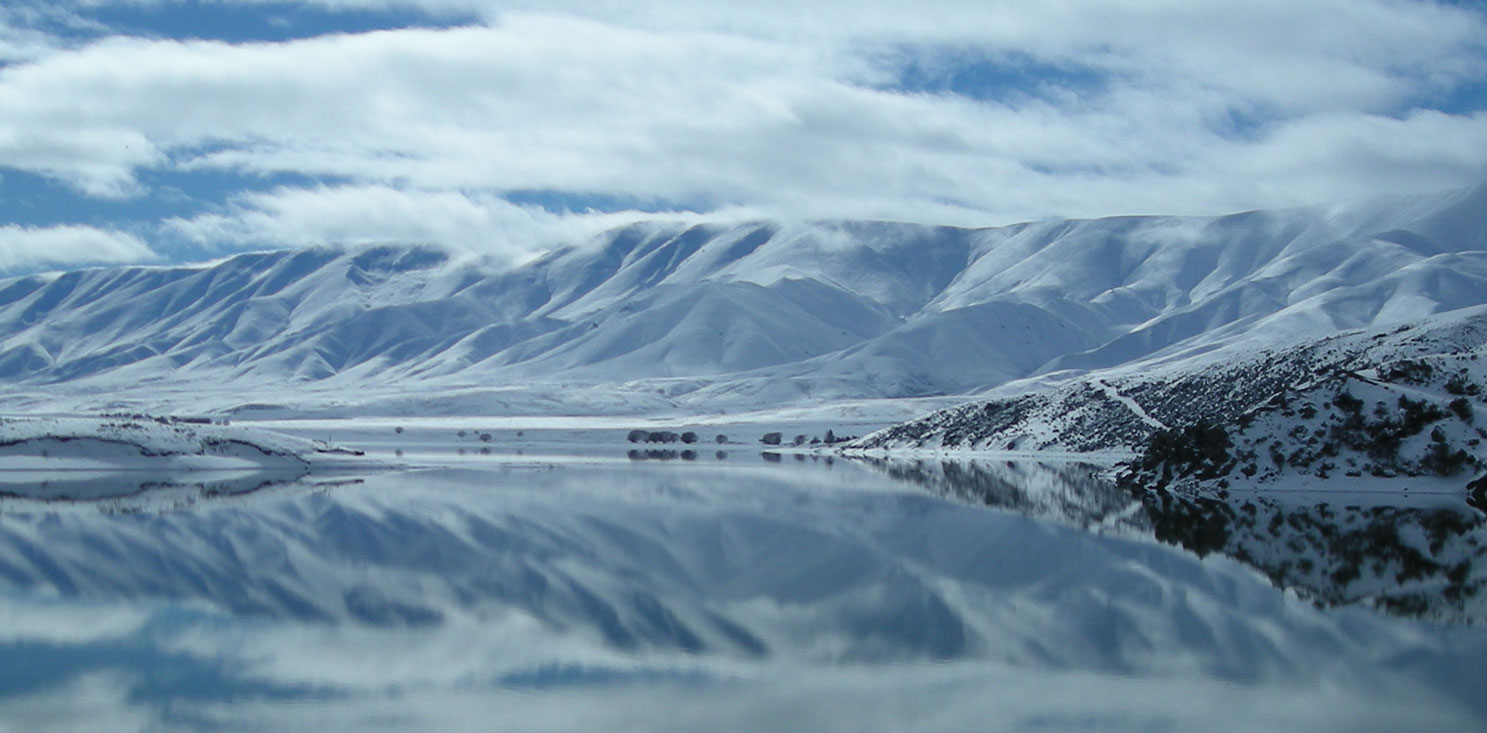Education
What is electricity?
Electricity is the flow of electrical power or charge. It is a secondary source which means that it is produced from the conversion of other sources of energy. Most electricity in New Zealand is produced at power stations where primary energy sources such as water, wind, gas and coal are used to turn turbines. The spinning turbine causes large magnets to turn within wire coils – these are the generators. The moving magnets cause electrons (charged particles) to move within the coil of wire. This is electricity.
After the electricity has been generated, it is sent out along power lines and carried out over long distances. These transmission lines are often referred to as high voltage lines. Higher voltage allows electricity to travel long distances more efficiently. The electricity eventually reaches your neighbourhood where the voltage is reduced, and from there it travels through power lines into your home.
Electricity and you
The human body is a good conductor of electricity as our bodies are mostly water. You might think that if you get shocked, you can pull away quickly and not get hurt. But the effects of electricity are immediate, so a person has almost no chance of pulling away before any injury occurs.
If you touch an electric circuit and the ground, or earth, at the same time, electricity will flow through you and this could be fatal.
If you see someone being shocked, DO NOTTOUCH the person because you might get shocked too. Call 111 and be sure to tell the person who answers that someone has had an electrical accident.
Electricity burns from the inside out, so some injuries might not be easy to see. The heart and other internal organs can be affected several hours after the accident, so it's important to always go the hospital or see a doctor.
Staying safe
DON'T plug lots of things into one outlet or extension cord. It could damage the electrical system in your house or even cause a fire.
Make sure all electric cords are tucked away neat and tidy otherwise people may trip and get hurt. Don’t let pets chew electrical cords.
DON'T yank an electrical cord from the wall as this can damage the appliance, the plug or the outlet.
Always fly kites far away from power lines or substations. The kite and the string may conduct electricity sending it right through you to the ground.
Drones (UVAs) should be flown at least 20 meters away from powerlines. If a drone becomes entangled in overhead lines, contact the relevant electricity company immediately (this information is usually found on power poles).
Never use a hairdryer or play an electrical radio or television near a bath or sink.
Look up and look out for power lines before you climb a tree. The electricity can go right through the tree branch - and right through you.
Watch out for power lines when using a ladder, chainsaw or other outdoor equipment.
Keep electrical stuff far away from water. Most electrical accidents around the house happen when people use electricity near water.
Worn and old electric blankets can cause an electric shock, fire and possibly even death. Make sure it’s turned off before you climb into bed.

